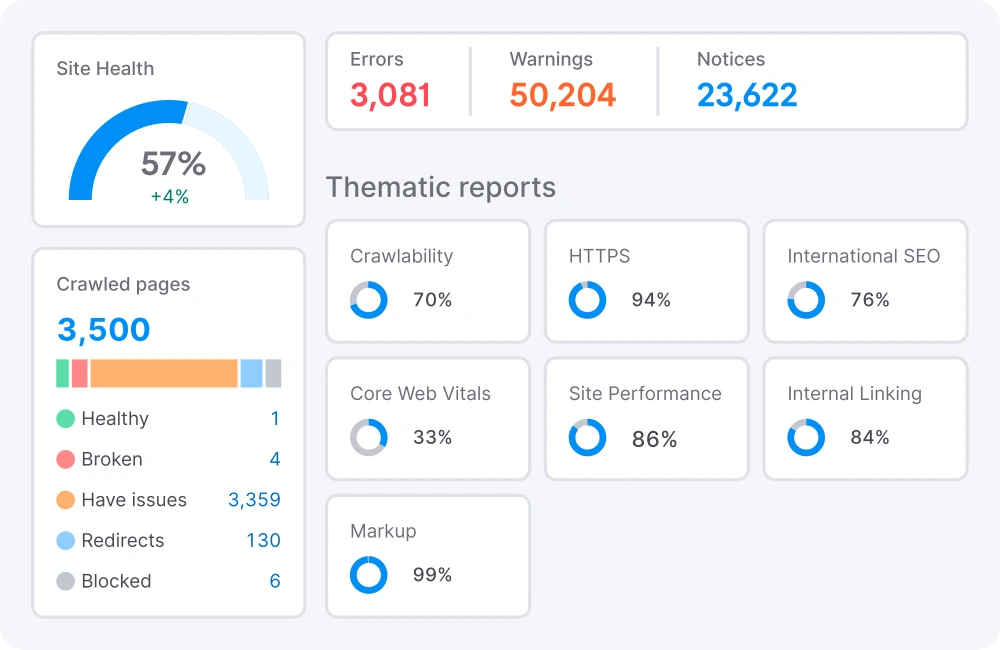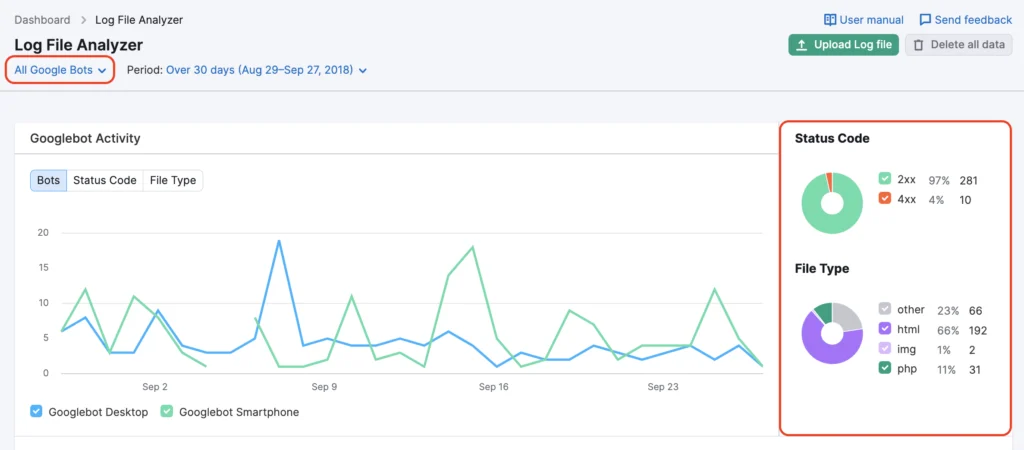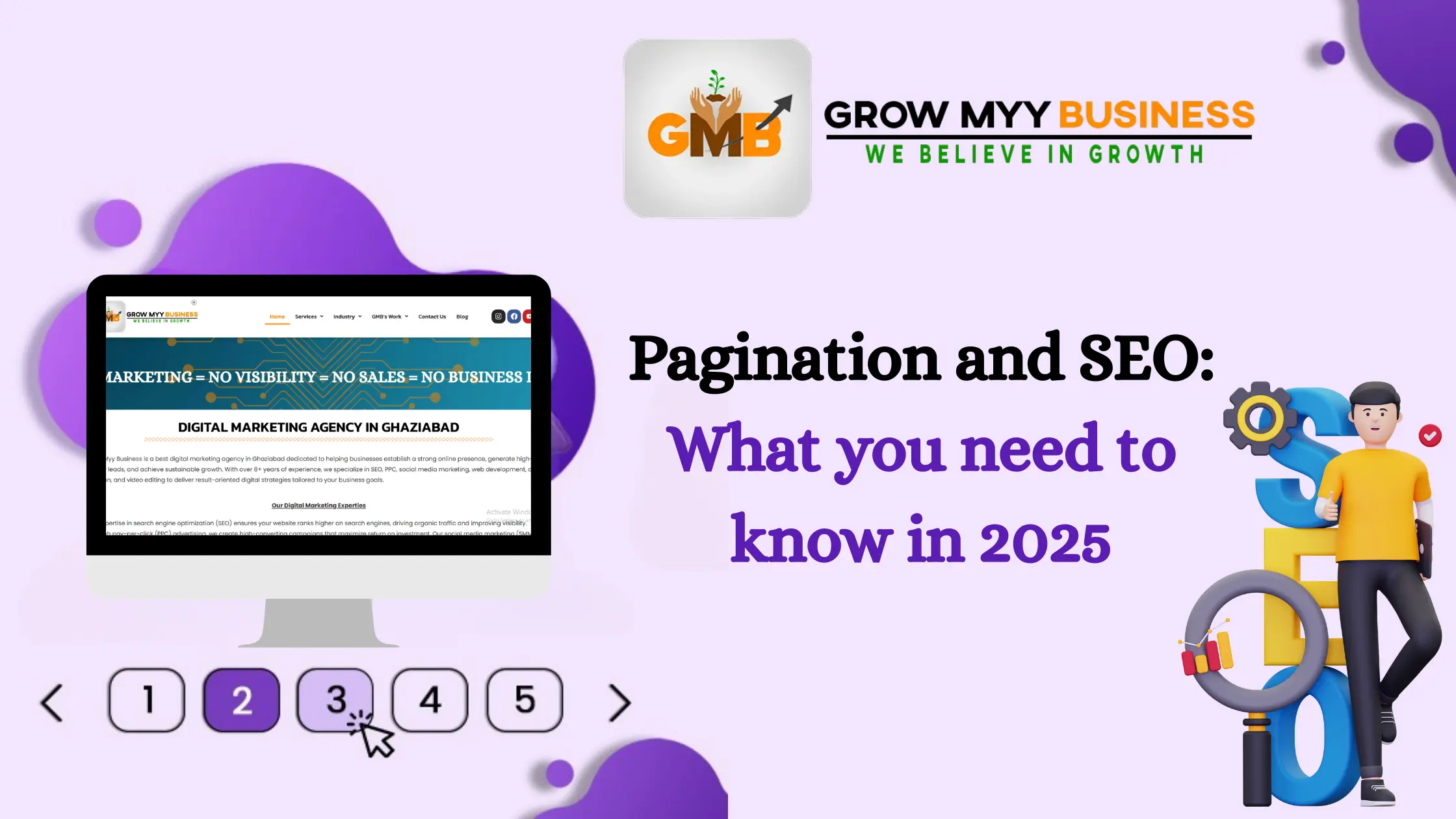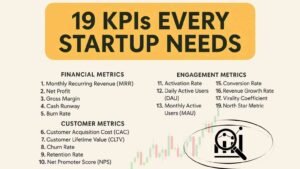Pagination and SEO
will it help you to grow your website traffic,if so than how
Pagination and SEO: What You Need to Know in 2025
If you’re managing a website with lots of content—like a blog, product listings, or hotel listings—pagination seo becomes a vital part of your site structure. But how does it impact SEO? Let’s break it down and understand what is pagination in SEO, whether it’s good or bad for your rankings, and the best practices to follow in 2025.
What Is Pagination in SEO?
Pagination refers to dividing content across multiple pages instead of showing everything on one long page. For example, you might see “Page 1, 2, 3…” at the bottom of a blog or product category.
In SEO terms, pagination is used to help both users and search engines navigate long lists of content more efficiently. It plays a big role in SEO pagination URL structure and affects how search engines crawl and index your site.

Benefits Most from Pagination?
- Online marketplaces with hundreds or thousands of products
- Educational portals offering a vast library of courses or articles
- Recipe websites with large collections of food categories and dishes
- Job listing platforms displaying many current openings
- Portfolio or design sites showcasing multiple case studies or visual projects
Why Is Pagination Important? (Common Issues It Solves)
- Heavy load times due to large amounts of data slowing down the site
- Cluttered layouts that overwhelm users trying to find specific content
- Increased bounce rates from frustrated visitors who can’t navigate easily
- Difficulty for search engines to crawl and index deeply buried content
- Mobile responsiveness issues, especially on content-heavy pages
Is Pagination Good for SEO?
Yes, pagination can be good for SEO when implemented correctly. It helps improve user experience by making it easier to browse through content. For search engines, it helps organize your site structure and ensures important pages are crawled and indexed properly.
However, poor pagination SEO can lead to issues like duplicate content, crawl waste, or loss of link equity. That’s why it’s important to follow SEO best practices for paginated pages.
What You Need to Know in 2025
SEO is evolving, and so are the strategies around pagination. In 2025, the focus is more on user experience, clean SEO pagination URL structures, and efficient crawling. Google no longer uses rel=next and rel=prev, so proper URL handling and content structuring are now more important than ever.
SEO Best Practices for Implementing Pagination
1. Self-Canonicalize Each Page
Each paginated page should have a self-referencing canonical tag. This tells search engines that each page is unique and prevents duplicate content issues.

2. Use Clear, Descriptive URLs
Make sure your SEO pagination URL structure is clean and logical. For example:
example.com/blog?page=2 is better than example.com/blog?x=123abc.
3. Avoid URL Fragment Identifiers
Avoid using # in paginated page URLs (e.g., example.com/blog#page2). These are not crawlable by search engines and can hurt your pagination SEO.

4. De-Optimize Paginated Pages
Avoid over-optimizing paginated pages. The main content should remain the focus, not keyword stuffing or excessive internal linking.
5. Avoid Noindexing Paginated Pages
Never block or noindex paginated pages. This can break internal linking and prevent search engines from discovering deeper pages on your site.
Pagination Alternatives for Better Analysis
To evaluate how your paginated pages are performing, use these tools:
1. Site Audit
Run a technical SEO audit to detect pagination issues, broken links, or crawl inefficiencies.

2. Google Search Console
Check how your paginated content is indexed, and fix any crawl errors.

3. Google Analytics
Track user behavior on paginated pages. Are users clicking through? Where are they dropping off?

4. Log File Analyzer
Understand how search engines are crawling your paginated pages. This helps in optimizing crawl budget and fixing deep content access issues.

Get the SEO Benefits of Pagination
Properly optimized paginated pages can boost SEO by enhancing user experience, improving crawlability, and keeping your content well-structured. By using a clean SEO pagination URL structure, avoiding technical issues, and focusing on user-first content, you can turn pagination SEO into an SEO advantage.





